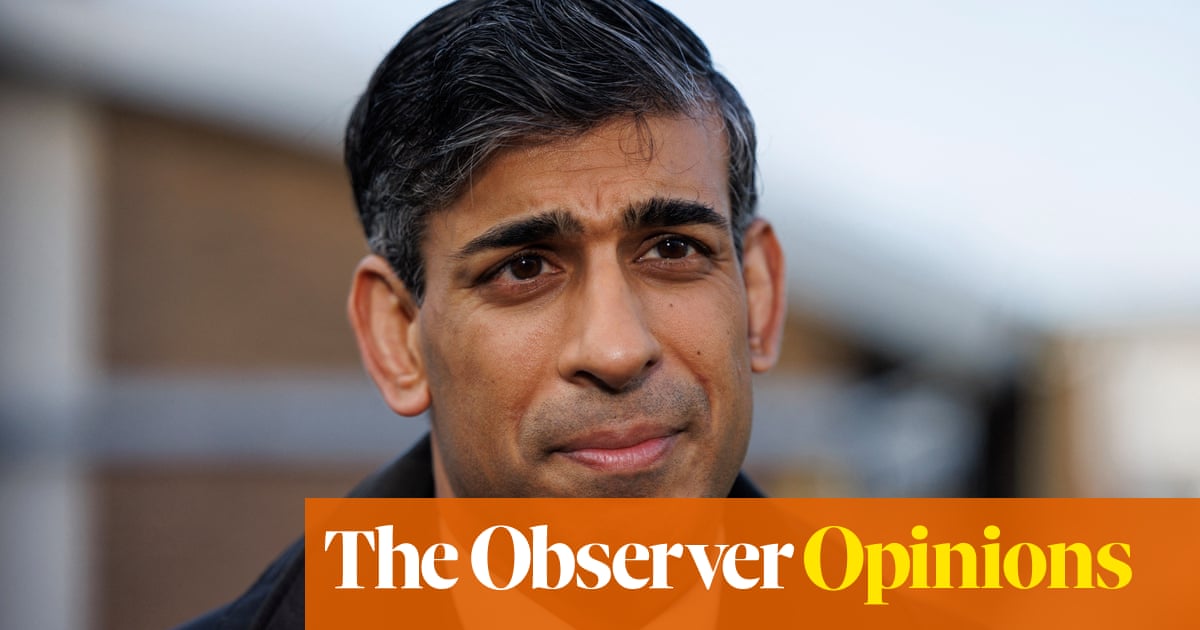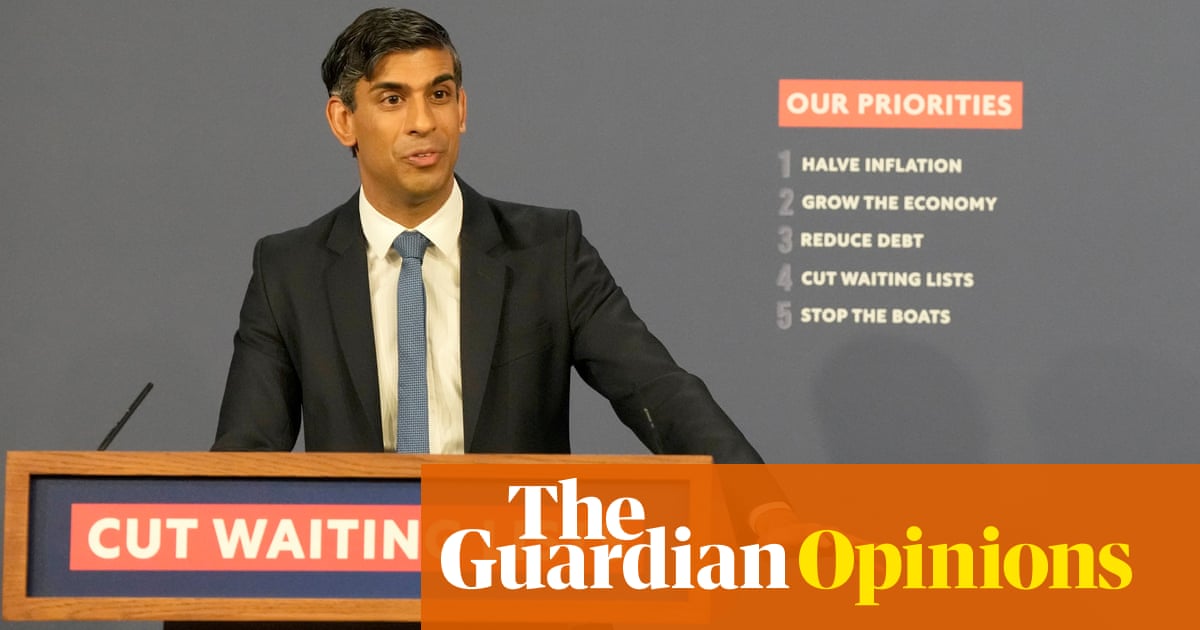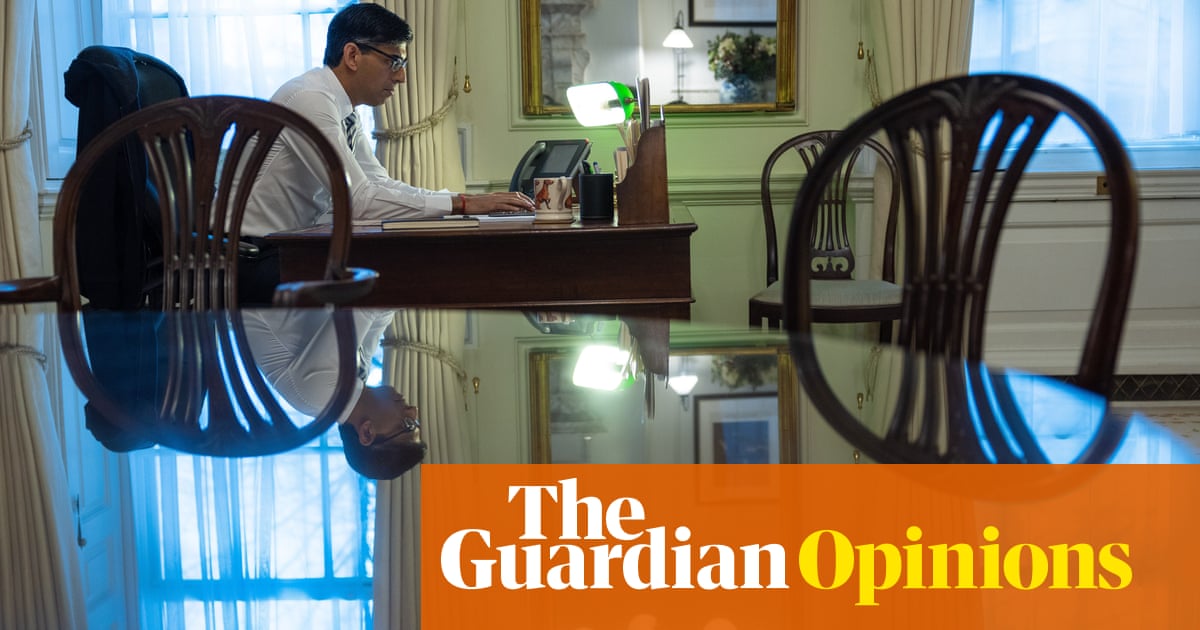
It was with regret, Buckingham Palace announced, that the Queen was cancelling her annual pre-Christmas bash at Sandringham.
Apparently she didn’t want to ruin anyone else’s plans for the big day, a sentence so meekly un-regal I had to read it twice to check it was the right way round. But at least someone seemingly remembers how to lead from the front. Her government, meanwhile, appears to have chosen this particular moment to abdicate.
Boris Johnson shimmied out of doing the dirty work at this week’s pandemic press conference, fervently insisting that even though Covid-19 cases are now thought to be doubling slightly faster than every two days – which suggests they could be up eightfold by Christmas – his government wasn’t cancelling parties or closing hospitality. Instead it was left to Professor Chris Whitty, a man notably unconstrained by fear of mutinous backbenchers or self-serving anxieties about byelections in North Shropshire, to advise the nation not to go out and see people in the run-up to Christmas unless they really had to. And so overnight, Britain plunged into the form of Covid purgatory that everyone in business dreads the most: not an official lockdown, but something that to all intents and purposes is going to feel like it, except without any of the guaranteed financial support.
Phones will be ringing off the hook today in pubs and restaurants, theatres and gig venues, hairdressers and nail bars that were just gearing up for their busiest time of the year but will sadly now be dealing instead with panicking customers trying to cancel. The money is about to stop coming into businesses that were, in some cases, barely hanging on after a lousy two years of trading through a pandemic, and will have already spent a fortune buying in stock or booking acts ahead of what was meant to be a bumper Christmas. What happens next is a test of leadership not so much for Johnson – we probably all know the answer to that one by now – but for his palpably ambitious chancellor, Rishi Sunak.
Sunak, who was in California for meetings with tech industry bosses when Whitty made his announcement, was due to call British hospitality businesses to “hear their concerns” on Thursday afternoon. But one suspects they’d rather hear his proposals for saving jobs, livelihoods and sanity in this fourth wave. The Treasury has had long enough to make contingency plans for the potential emergence of a new variant and business organisations were raising the alarm long before Whitty spoke up, aware that Omicron was spooking customers into cancelling their bookings. The arts sector has been sending up distress flares too, with a string of big West End shows shutting their doors due to Covid outbreaks among cast and crew, a financial disaster theatres can no longer insure themselves against and which is particularly tough on an industry where most staff are freelance. But the damage doesn’t end there.
Anxious people will now finish their Christmas shopping online rather than on the high street, further punishing the train companies, cab drivers and coffee chains already hit by advice to work from home. Fashion retail is next: without a party to go to, who really needs a glittering new dress? Even gyms and the fitness industry, reliant on new year’s resolutions to drive members through its doors, now faces a bleak January. The already battered travel industry took its hit early when the return of quarantine and red lists frightened people off booking a holiday. In Scotland, where recent advice (not a legally binding rule) to limit socialising to three households came with a £100m package to support business, Nicola Sturgeon said openly that she knew it wasn’t enough, but that the devolved administrations can’t do more without help from Westminster.
All are looking to Sunak, the man we’re told has long coveted the top job, to show he can act both decisively and presciently in a crisis. Bitter experience of the last three waves of Covid suggests it’s only a matter of time until the chancellor’s hand is forced. But when hospitality in particular makes so much of its annual profit in one tiny seasonal window, even a few days’ delay could make a difference for some. Nor is this the time for shortsighted scrimping and saving.
Optimists may argue that this wave could turn out to be relatively short-lived, thanks to boosters, new treatments or something about the nature of Omicron itself –although Whitty explicitly cautioned against assuming it to be less severe than previous variants. But if so, frankly that’s all the more argument for temporary help to stop people going under. Why bear the awful human and economic scars for years to come of businesses going to the wall, for want of a few weeks’ emergency cash? The real magic of furlough has always been the long-term savings it offers, keeping people attached to jobs that could still be viable when the shadow of Covid lifts and giving consumers the confidence to keep spending on businesses that can still trade. But it should also be backed up with support for employees who will now need to shield, generous sick pay arrangements to encourage infected people to isolate, and forbearance on loans that some businesses are still trying to pay off from the last wave.
Labour will obviously lead the charge for Sunak to act – the shadow chancellor, Rachel Reeves, was demanding to know where the business support package was within minutes of Wednesday’s press conference finishing – but since many Tory MPs don’t want small businesses in their constituencies going bust either, the chancellor would be wise to expect cross-party pressure for a bailout. Lockdown sceptics itching to blame the longsuffering Whitty for precipitating a crisis should meanwhile recognise that people aren’t stupid; we will instinctively desert crowded places at the height of a raging pandemic, without necessarily waiting to be told. This moment was always coming, once Omicron got a grip, and the only question now is who bears the economic brunt of it. It would be a false economy for the chancellor to hold back for a full lockdown when that may now be closer than anyone likes to think.
If Whitty’s evident worst fears are confirmed, and the new variant turns out to be both gallopingly contagious and not significantly milder than Delta, the NHS could be overwhelmed frighteningly fast by a combination of surging cases and surging numbers of staff off sick or isolating. No prime minister could simply sit on his hands at that obviously terrifying point. But equally, no chancellor will be forgiven for doing so now.
Gaby Hinsliff is a Guardian columnist












